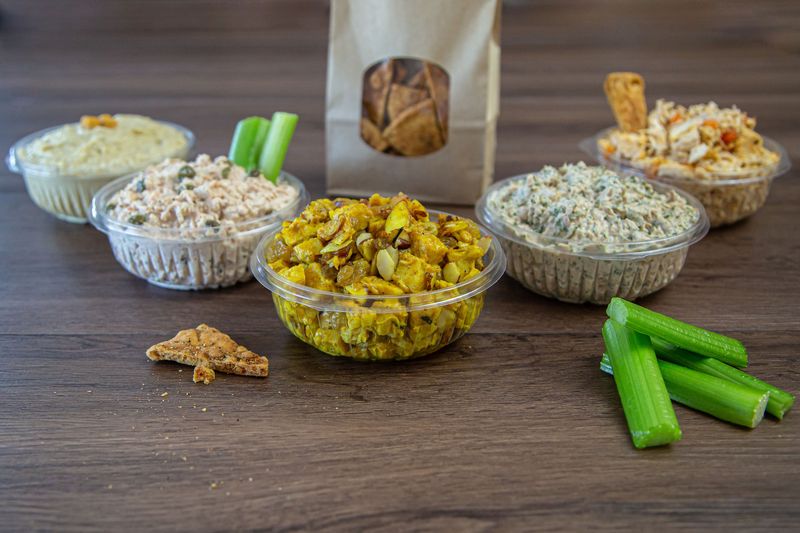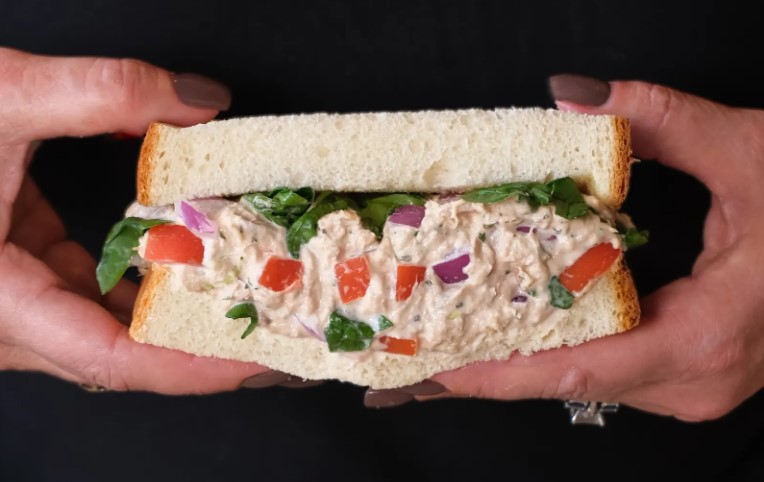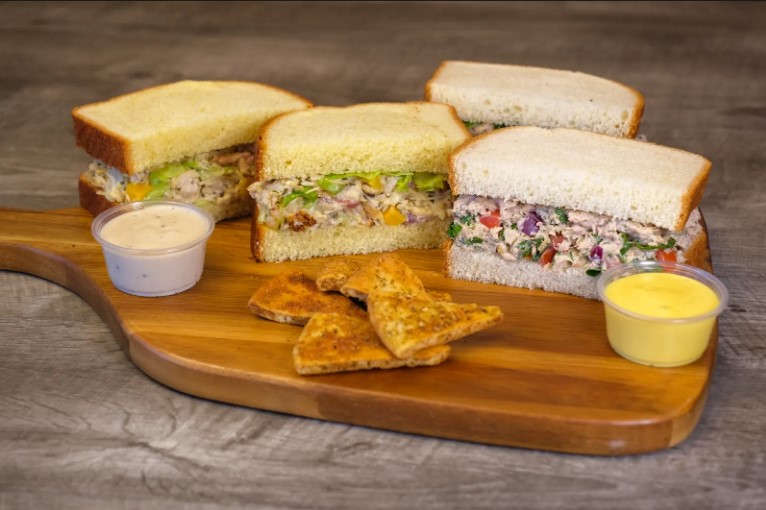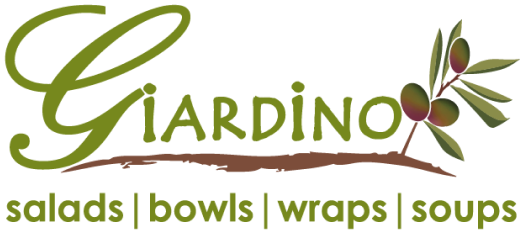In today’s fast-paced world, finding time to prepare nutritious meals can be challenging. According to recent surveys, 65% of Americans state that they don’t have enough time to cook meals from scratch during the week. Consequently, meal prepping has emerged as a vital strategy for maintaining a balanced diet amidst busy schedules. In this guide, we present expert insights and practical tips to streamline your meal prep, best place for healthy meals, and ensuring you can enjoy healthy meals throughout the week without stress.
Understanding Meal Prep: A Foundation for Success
Meal preparation involves planning and preparing meals in advance, typically for the upcoming week. Research indicates that individuals who engage in regular meal prep not only save time but also make healthier food choices, leading to improved overall well-being. This foundation sets the stage for a more organized and health-conscious lifestyle, particularly for those juggling multiple responsibilities.
| Impact Measure | Description | Statistics |
|---|---|---|
| Time Saved | Efficiently preparing meals in advance reduces daily cooking time. | Approximately 1-2 hours saved per week |
| Healthier Choices | Planned meals often lead to more balanced and nutritious eating. | 30% increase in nutrient-rich food consumption |
Efficient Shopping and Ingredient Selection
To succeed in meal prepping, start with a well-thought-out shopping list. Choose ingredients that can be used across multiple meals to minimize waste and cost. For instance, a pack of leafy greens can be versatile, incorporating a salad, a wrap, and even a smoothie. By focusing on whole foods and seasonal produce, you ensure freshness and nutritional value in your meals.
The Art of Batch Cooking
Batch cooking is a meal prep method where large batches of food are cooked at once and portioned out for future consumption. This technique not only saves time but also reduces energy use in the kitchen. Foods like grains, proteins, and roasted vegetables are perfect for batch cooking as they refrigerate and reheat well, maintaining their flavor and nutritional integrity over several days.
Balancing Meals: Nutritional Guidelines
Successful meal prep hinges on creating a balanced diet. Ensure your prepped meals contain the right mix of macronutrients: carbohydrates, proteins, and fats. As per dietary guidelines, a well-balanced meal often comprises 50% vegetables and fruits, 25% protein, and 25% whole grains. Consider integrating different sources of protein such as legumes, fish, and poultry to diversify nutrient intake.
Effective Storage and Portion Control
Proper storage is crucial for extending the shelf life of prepped meals. Utilize airtight containers to keep meals fresh and label each with the date of preparation. Additionally, portion control helps manage calorie intake, an essential aspect of maintaining a healthy diet. Adopting tools like a kitchen scale ensures accurate portioning, preventing overeating.
Incorporating Variety: Avoiding Meal Prep Monotony
Maintaining variety is key to long-term meal prep success. Rotate ingredients and explore different cuisines to keep meals exciting. For instance, you might use quinoa in a Southwestern-style salad one week and an Asian stir-fry the next. By diversifying your meal selection, you eliminate boredom and encourage continued whole-food consumption.
Utilizing Tools and Technology to Enhance Efficiency
Technology plays a significant role in optimizing meal prep. From kitchen gadgets like slow cookers and instant pots to apps that help plan and track meals, there’s no shortage of resources available. These tools streamline the cooking process, allowing you to complete meal prep tasks more efficiently.
Healthy and Quick Recipe Inspirations
Here are some quick nutritious recipes to jump-start your meal prep:
- Quinoa Salad with Black Beans and Corn
- Grilled Chicken Breast with Steamed Broccoli and Sweet Potato Mash
- Vegetable Stir Fry with Tofu over Brown Rice
Such dishes are not only simple and quick to prepare but are also packed with essential nutrients.
The Role of Nutrition Services and Dining Options
For those needing extra support, services such as Giardino Gourmet Salads offer healthy dining options that can complement your meal preparation efforts. They specialize in hand-crafted salads, warm grain bowls, and gourmet wraps that make nutritious eating convenient and accessible. Explore their menu at Giardino Gourmet Salads.
Adapting Meal Prep for Families and Diverse Dietary Needs
Meal prep can be adapted to serve various family sizes and dietary requirements. Consider prepping a base meal and adjusting sides and condiments to cater to specific needs. For families, involving children in meal prep can be educational and fun, teaching them valuable life skills while supporting dietary diversity.
Handling Challenges and Finding Motivation
Staying motivated with meal prep can be challenging, especially when faced with a busy lifestyle. Regularly reviewing your goals, celebrating small successes, and remaining flexible with your meal plans can help sustain motivation. Embrace the process as a consistent stride toward healthier living even when obstacles arise.
Key Takeaways: The Road to Successful Meal Prep
Effective meal prep requires careful planning, a focus on nutrition, and a willingness to adapt and learn. By implementing these strategies, you’re more likely to achieve the benefits of time-saving and healthier eating. As you refine your meal prep skills, the payoff will be evident in your health and the peaceful assurance of having meals ready to go for even the busiest of weeks.
Frequently Asked Questions (FAQs)
Essential meal prep tools include quality knives, a cutting board, various-sized containers for storage, a rice cooker, a slow cooker, and a sharp vegetable peeler. Tools like measuring cups and a food scale help in managing portion sizes effectively. These tools streamline preparation, making the process more efficient and enjoyable. Having these kitchen essentials provides consistency week after week as you master meal prep.
Food safety is paramount when meal prepping. Ensure foods are stored at the correct temperature to prevent spoilage. Keep raw and cooked foods separate to avoid cross-contamination. Thoroughly wash hands, cooking surfaces, and any utensils with soap and hot water. Using airtight containers helps to maintain food freshness and reduce the risk of bacterial growth. Each of these practices is integral to preserving the quality and safety of your meal prep efforts.
Variety in meal prep is crucial for maintaining interest and ensuring nutritional diversity. Rotating different proteins, vegetables, and grains prevents monotonous eating and guarantees that your diet includes a range of nutrients and antioxidants. Variety also circumvents food fatigue, encouraging you to stay committed to your meal prep routine. Employing spices and different cooking methods is a simple way to keep meals exciting and flavorful.
Common meal prep challenges include time management, consistently making recipes appealing, and dealing with limited storage space. Sometimes, life may disrupt your routine, causing delays. Address these hurdles by setting aside a dedicated time for prep and starting small with manageable menus. Keeping a mix of shelf-stable ingredients can help in cinch moments. Overcoming these obstacles leads to a more sustainable and successful meal prep routine over time.
Yes, meal prep can be easily customized to fit different dietary needs, such as vegetarian, vegan, low-carb, gluten-free, and more. The key is to familiarize yourself with appropriate ingredient substitutes and understand nutritional guidelines specific to each dietary requirement. This personalization ensures you’re meeting health objectives while enjoying meals that cater to personal tastes. Flexibility and creativity are essential for customizing meal prep to fit diverse dietary needs.







